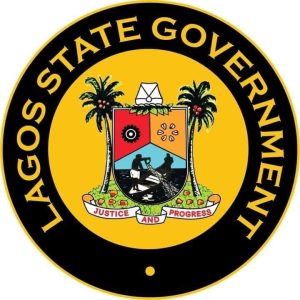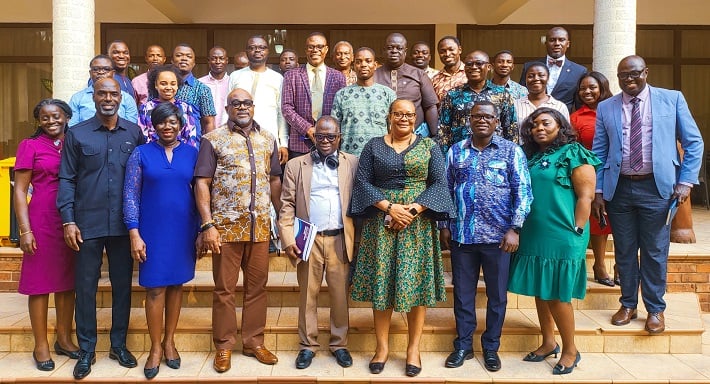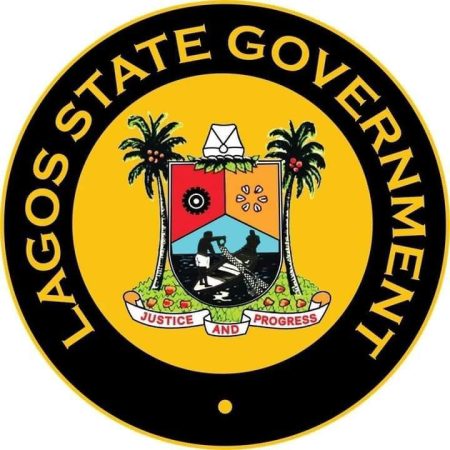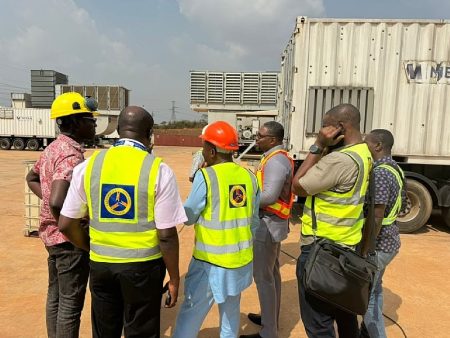The Ghana Integrity Initiative (GII), the local chapter of Transparency International (TI), has underscored the critical need to address corruption within the healthcare sector. This concern stems from the recognition that corruption acts as a significant impediment to achieving Sustainable Development Goals (SDGs) 3 (Good Health and Well-being) and 5 (Gender Equality), disproportionately affecting vulnerable populations such as women, girls, and persons with disabilities. The GII’s focus on this issue was highlighted during a workshop dedicated to disseminating and providing training on a health corruption risk assessment report, a key component of the broader All-Inclusive Services Delivery Africa (ISDA) project. This project, funded by Global Affairs Canada through Transparency International, aims to improve access to essential services like education and healthcare for marginalized groups across Africa, with a specific focus on dismantling corruption-related barriers. The project involves TI chapters in several countries, including Ghana, DR Congo, Madagascar, Rwanda, Zimbabwe, and Canada, demonstrating a collaborative, international effort to combat this pervasive issue.
The workshop, centered around the findings of a corruption risk assessment conducted within Ghana’s health sector, specifically examining the claims management processes of the National Health Insurance Scheme (NHIS), served as a platform for dialogue and knowledge sharing among key stakeholders, including senior government officials. It is crucial to note that the assessment was not designed to pinpoint specific instances of corruption within the Ghana Health Service but rather to identify systemic vulnerabilities and loopholes that could facilitate corruption. The assessment sought to understand how these potential risks could negatively impact access to quality healthcare services, particularly for women, girls, and other vulnerable groups facing discrimination. The emphasis on these groups aligns with the ISDA project’s overarching goal of ensuring equitable access to essential services for all.
The importance of addressing corruption in healthcare was further emphasized during the workshop, highlighting the fundamental right to health as enshrined in the Universal Declaration of Human Rights. Acknowledging the Ghanaian government’s progress in expanding access to healthcare services, the GII stressed the need to maintain this momentum while simultaneously addressing the insidious threat of corruption. Corruption not only undermines the quality and quantity of public services but also exacerbates existing inequalities. It diverts crucial resources away from those who need them most, particularly women, girls, and marginalized groups, creating a vicious cycle of poverty and diminished access.
TI’s Global Corruption Barometer—Africa 2019, a comprehensive survey covering 35 African countries, revealed that one in four public service users had paid a bribe. This alarming statistic underscores the pervasiveness of corruption and its debilitating impact on access to vital services. Given that women and children constitute the majority of public health system users—women comprising two-thirds of patients—they bear the brunt of corruption’s consequences. This disproportionate impact deepens existing inequalities, widens the development gap, and perpetuates poverty among the most marginalized populations. Addressing corruption, therefore, is not merely a matter of improving governance but a crucial step towards achieving social justice and equitable development.
The two-day training workshop facilitated by the GII Finance Manager clarified the purpose of the corruption risk assessment, reiterating that it was not an investigation into specific corrupt practices but rather a proactive measure to identify vulnerabilities and assess their potential impact on access to healthcare services. The focus on the NHIS claims management process and supervision functions highlighted a critical area where corruption could potentially undermine the effectiveness and fairness of the health insurance system. The workshop provided a valuable opportunity for stakeholders to discuss the findings, insights, and recommendations of the assessment and to explore strategies for integrating anti-corruption measures into healthcare delivery.
This collaborative effort involving the GII, TI, and other stakeholders represents a significant step towards strengthening healthcare systems and ensuring equitable access to quality services for all. By identifying and addressing corruption risks, promoting transparency, and fostering accountability, these organizations are working towards a future where healthcare is accessible to everyone, regardless of gender, social status, or vulnerability. The training workshop served as a catalyst for dialogue, knowledge sharing, and the development of practical strategies to mitigate corruption risks and strengthen the integrity of the healthcare sector in Ghana. The emphasis on including marginalized groups in this process underscores the commitment to building a more inclusive and equitable healthcare system that truly serves the needs of all citizens.














